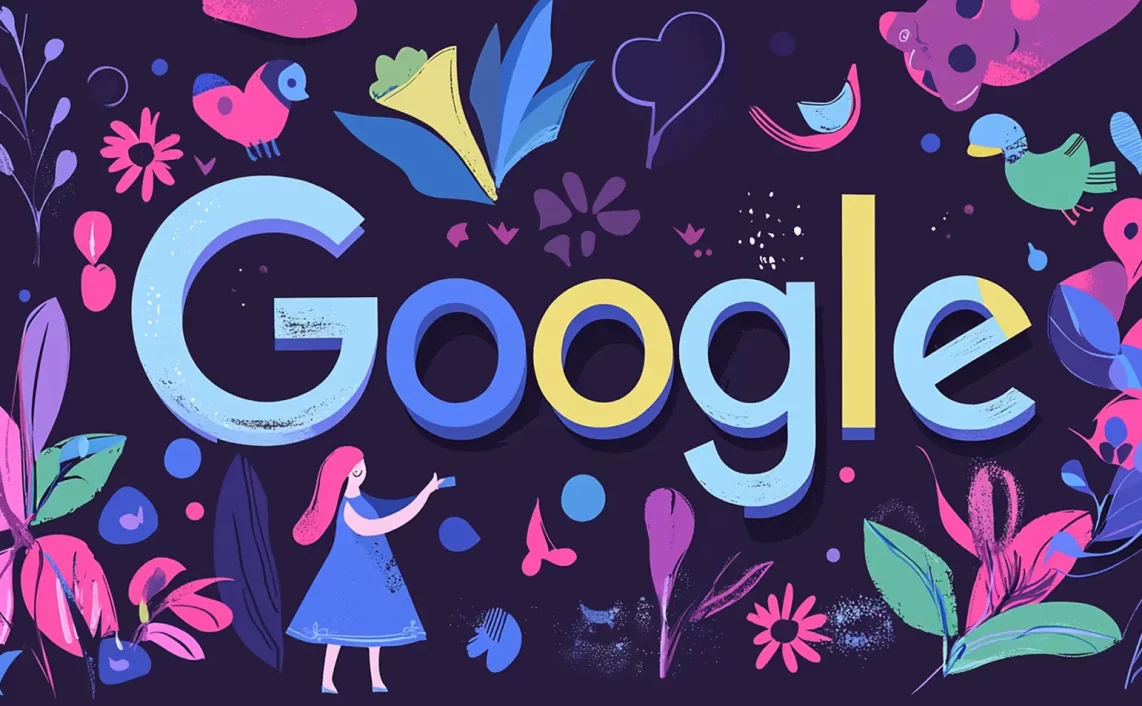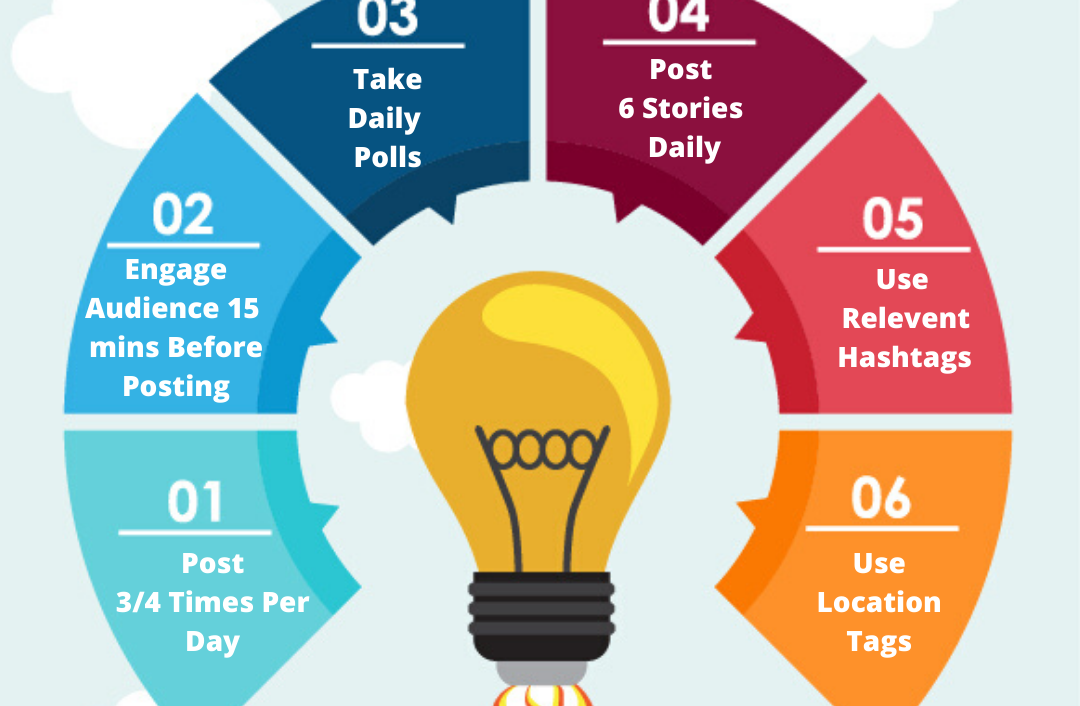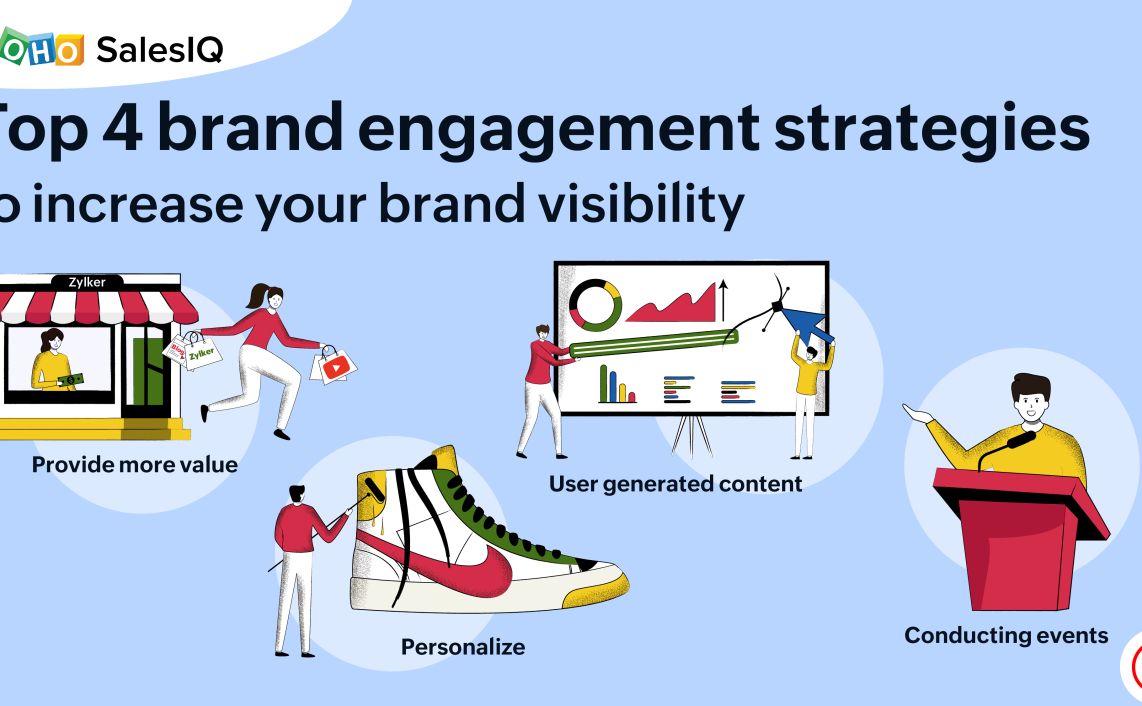The Impact of AI and Machine Learning on Brandformance Strategies:

Artificial intelligence (AI) and machine learning (ML) are rapidly transforming the way businesses operate and engage with their customers. In the realm of brandformance, AI and ML are playing a crucial role in optimizing strategies to drive measurable business outcomes and enhance overall brand performance.

1. Data-Driven Insights and Personalization:

AI and ML empower brands with the ability to collect, analyze, and interpret vast amounts of data from various sources, including customer interactions, market trends, and social media engagement. These insights enable brands to understand their customers’ preferences, behaviors, and pain points more precisely. Utilizing this data, AI-driven algorithms can tailor personalized experiences and messaging that resonate with each customer segment, leading to increased engagement and conversions.
2. Predictive Analytics for Informed Decision-Making:
AI and ML algorithms can analyze historical data and identify patterns to make accurate predictions about future consumer behavior, market trends, and industry dynamics. This predictive power helps brands make informed decisions about product development, marketing campaigns, and resource allocation. By anticipating customer needs and market shifts, brands can stay ahead of the competition and optimize their strategies to maximize results.
3. Real-Time Optimization and Automation:
AI-powered systems can continuously monitor campaign performance in real time, identifying areas for improvement and making adjustments to optimize outcomes. They can automate tasks such as ad bidding and content delivery, ensuring that ads are shown to the right audience at the right time. This level of automation frees up marketing teams to focus on more strategic initiatives that drive long-term brand growth.
4. Enhanced Customer Experience and Engagement:
AI and ML enable brands to create immersive and engaging experiences for their customers across multiple channels. From personalized recommendations and interactive chatbots to AI-powered virtual assistants, these technologies enhance customer satisfaction and loyalty. By leveraging AI and ML, brands can build stronger relationships with their customers, leading to increased brand advocacy and positive word-of-mouth.
5. Improved ROI and Cost-Efficiency:
By leveraging AI and ML, brands can optimize their marketing spend and allocate resources more effectively. AI-powered algorithms analyze campaign data to identify the most effective channels, tactics, and messaging. This data-driven approach helps brands maximize their return on investment (ROI) and achieve better cost-efficiency in their marketing efforts.
In conclusion, AI and ML are transformative forces that are revolutionizing brandformance strategies. By leveraging the power of data, predictive analytics, automation, and personalized experiences, brands can unlock new opportunities for growth, enhance customer engagement, and drive measurable business outcomes. As AI and ML continue to evolve, brands that embrace these technologies will be well-positioned to thrive in the digital age and stay ahead of the competition.







